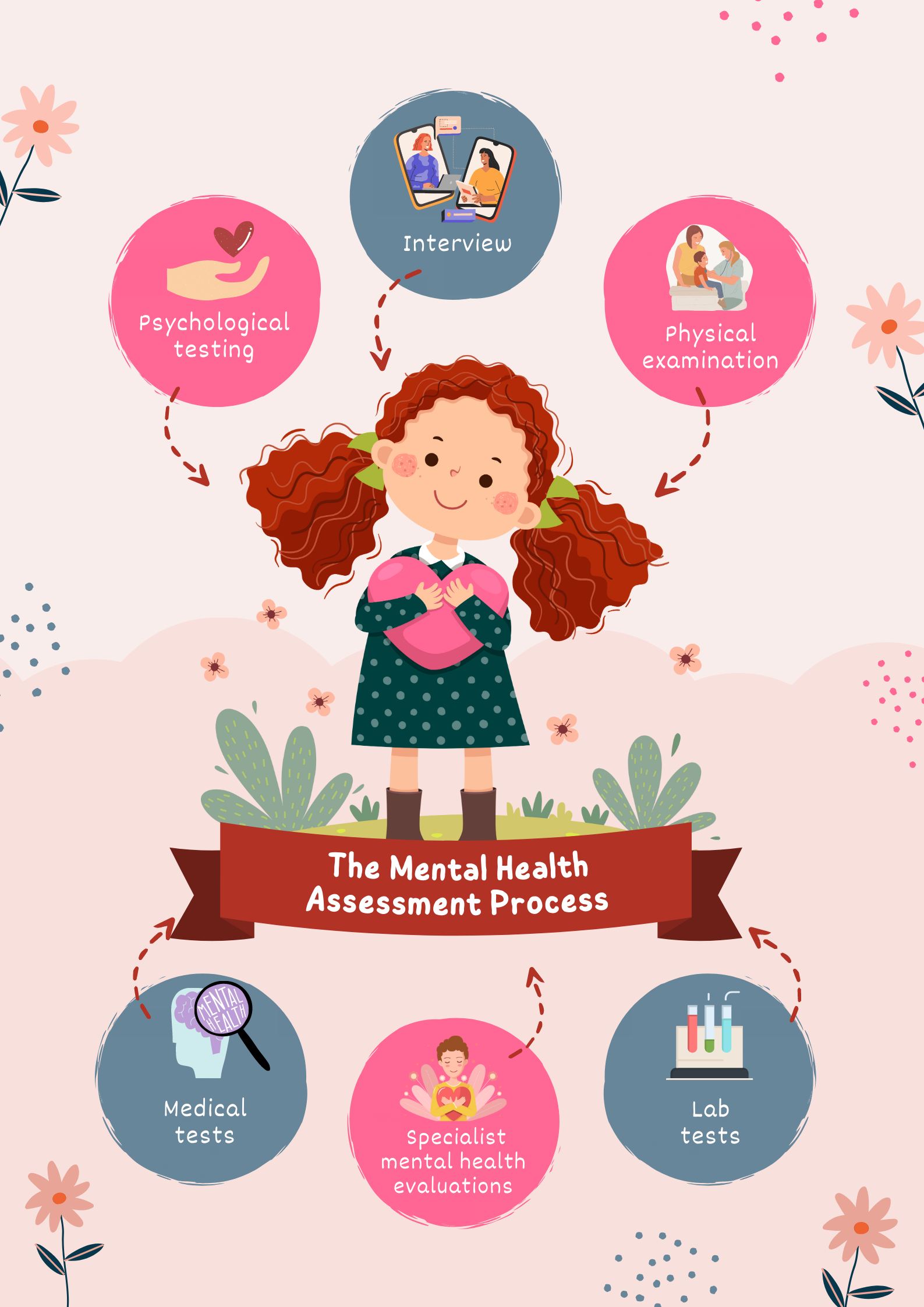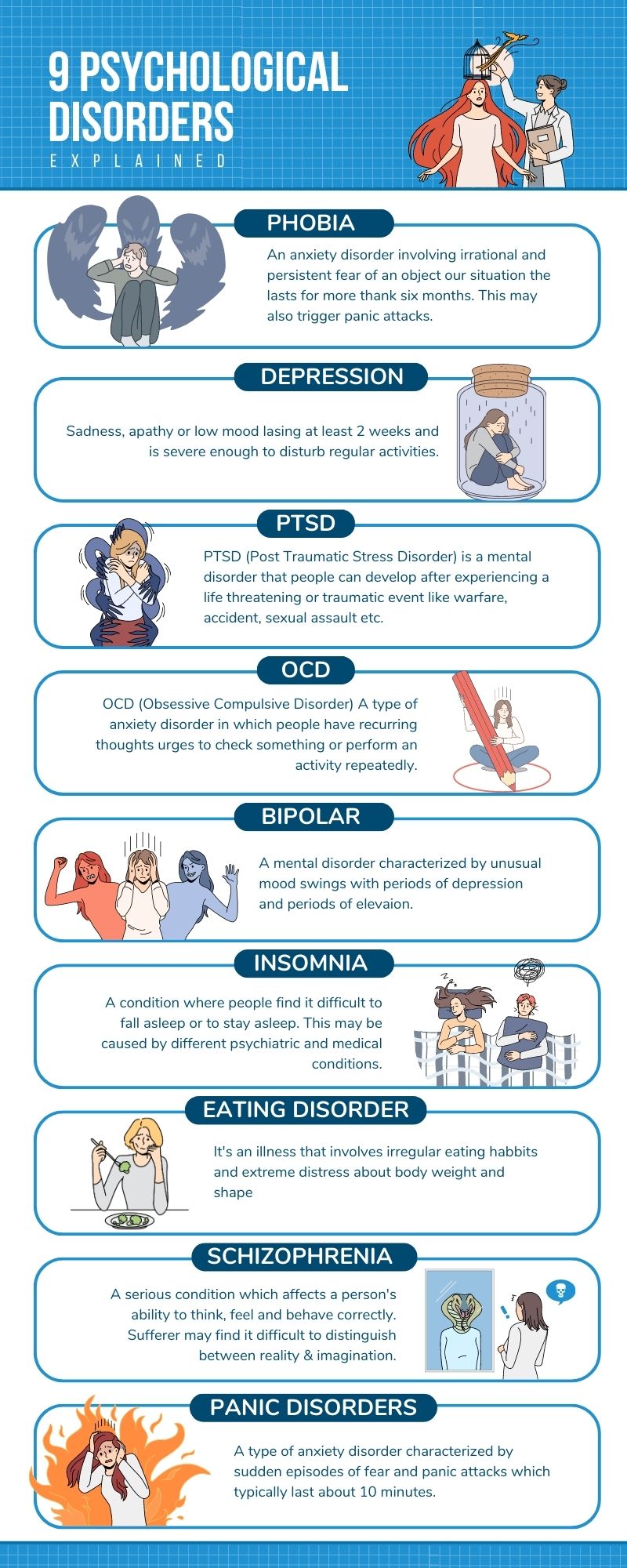Mental Health and Pain Treatment
According to Daytryp Health, there has been a growing interest in the potential therapeutic benefits of psychedelic medicines for chronic mental health conditions and pain management. These substances, which include psilocybin (from magic mushrooms), MDMA, LSD, and ayahuasca, have been used in various traditional and indigenous cultures for centuries for spiritual and healing purposes. Now, with increasing scientific research and public awareness, there is a resurgence in exploring the medical applications of these substances in a controlled and supervised environment.
This article aims to delve into the current state of research, the potential benefits, risks, and the future prospects of using psychedelic medicines as a transformative approach to revolutionize the treatment of chronic mental health conditions and pain, ultimately aiming to enhance the experience of life, making it more positive, joyful, and meaningful.
[lwptoc]
The Historical Context of Psychedelic Medicine
To understand the contemporary use of psychedelic medicines, it is essential to explore their historical context. These substances have been used for thousands of years by various cultures worldwide for their therapeutic and spiritual properties. Shamans and healers in indigenous communities often administered these substances to induce altered states of consciousness, facilitating healing and personal growth.

The Resurgence of Psychedelic Research
After decades of strict legal restrictions and stigmatization, the scientific community has resumed research on psychedelic medicines. Early studies conducted in the 1950s and 1960s showed promising results, but due to societal concerns and the War on Drugs, this research came to a halt. However, recent studies, particularly those on psilocybin and MDMA, have reignited interest in the therapeutic potential of these substances.
Potential Benefits of Psychedelic Medicines
The intentional and supervised use of psychedelic medicines has shown promising results in the treatment of various chronic mental health conditions, including:
a. Depression and Anxiety: Clinical trials using psilocybin and other psychedelics have demonstrated significant reductions in depression and anxiety symptoms, often persisting long after the psychedelic experience itself.
b. Post-Traumatic Stress Disorder (PTSD): MDMA-assisted psychotherapy has shown considerable efficacy in treating PTSD, with patients experiencing reduced trauma-related symptoms and improved emotional resilience.
c. Addiction: Studies have explored the potential of psychedelic medicines in helping individuals overcome substance addictions by promoting introspection and emotional processing.
d. End-of-Life Anxiety: Psilocybin has been studied for its potential to alleviate existential anxiety in terminally ill patients, providing them with a greater sense of peace and acceptance.
Mechanisms of Action
The therapeutic effects of psychedelic medicines are believed to be attributed to their interactions with serotonin receptors in the brain, particularly the 5-HT2A receptors. This leads to altered patterns of brain connectivity and increased communication between different regions, promoting introspection, emotional processing, and increased openness.

Ensuring Safety and Reducing Risks
While the potential benefits of psychedelic medicines are promising, it is crucial to address safety concerns and minimize risks. This can be achieved through:
a. Strict Supervision: Psychedelic sessions should be conducted in a controlled and supportive environment, with trained therapists or guides present throughout the experience.
b. Personalized Treatment: Each individual’s medical and psychological history should be carefully assessed to determine suitability for psychedelic therapy.
c. Integration: Post-session integration therapy helps individuals process their experiences and translate insights into positive behavioral changes.
d. Legal and Ethical Frameworks: Regulatory bodies and ethical guidelines are necessary to ensure responsible use and prevent potential abuses.
Case Studies and Clinical Trials
To highlight the potential impact of psychedelic medicines, it is essential to examine notable case studies and ongoing clinical trials. These studies provide valuable insights into the transformative effects of these substances and their potential applications in various mental health conditions and pain management.
Table: Ongoing Clinical Trials on Psychedelic Medicines for Mental Health and Pain Treatment
| Clinical Trial | Psychedelic Medicine | Condition | Research Stage | Sponsor |
|---|---|---|---|---|
| TRIUMPH Study | Psilocybin | Treatment-Resistant | Phase 3 | COMPASS Pathways |
| Depression | ||||
| MAPS Phase 3 | MDMA | PTSD | Phase 3 | MAPS |
| Usona Institute | Psilocybin | Major Depressive | Phase 2 | Usona Institute |
| Disorder | ||||
| Imperial College | Psilocybin | Anorexia Nervosa | Phase 2 | Imperial College |
| London | ||||
| NYU Langone | Psilocybin | End-of-Life Anxiety | Phase 2 | NYU Langone |
| Medical Center | Medical Center |
(Note: The table includes only a few examples of ongoing clinical trials. Many other trials are being conducted globally to investigate the therapeutic potential of psychedelic medicines.)
The Future of Psychedelic Medicine
As research on psychedelic medicines continues to expand, the future holds great promise. Integrating these substances into mainstream mental health and pain treatment approaches may transform the way we address these conditions. However, it is crucial to maintain a balanced perspective, addressing potential risks, and maintaining ethical guidelines to ensure responsible use and safe implementation.
Conclusion
The intentional and careful use of psychedelic medicines offers a revolutionary approach to treating chronic mental health conditions and pain, enhancing the experience of life and promoting positive, joyful, and meaningful living. The resurgence of psychedelic research brings hope for millions of individuals suffering from debilitating conditions, paving the way for a new era in mental health and pain treatment.
While challenges lie ahead, continued scientific exploration, responsible practices, and ethical considerations will be essential to harnessing the full potential of psychedelic medicines for the betterment of human well-being.
